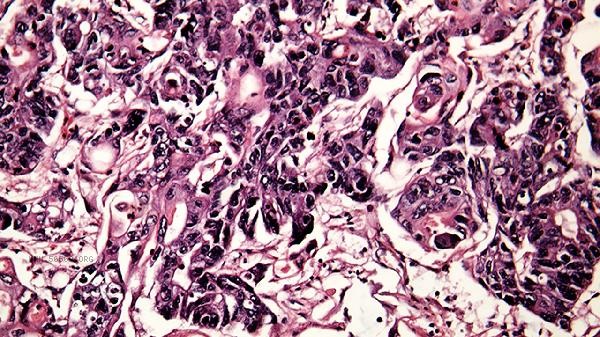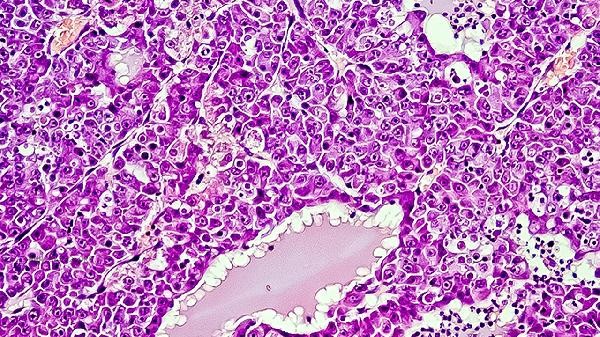The high percentage of monocytes usually indicates that the body has inflammatory reaction or immune system activation, which may be caused by virus infection, tuberculosis, autoimmune disease, blood system disease or chronic inflammation and other factors.

1. Viral infection:
Monocytes are an important defense line for the immune system against viruses. When infected with EB virus, cytomegalovirus, and other viruses, monocytes proliferate to clear pathogens, leading to an increase in the proportion. This type of situation is usually accompanied by symptoms such as fever and sore throat, and blood tests show a synchronous increase in lymphocytes.
2. Tuberculosis infection:
Mycobacterium tuberculosis infection can cause chronic granulomatous inflammation, with monocytes continuously infiltrating the lesion area. The patient may present with typical symptoms such as low-grade fever in the afternoon, night sweats, and cough lasting for more than two weeks. Chest X-ray examination shows infiltrative shadows in the lung apex.
3. Autoimmune diseases: In diseases such as rheumatoid arthritis and systemic lupus erythematosus, monocytes are involved in the production of autoantibodies and tissue damage processes. These patients often have symptoms such as joint swelling and pain, rash, and photosensitivity, which need to be comprehensively judged based on immunological indicators such as anti nuclear antibodies.

4. Hematological disorders:
Chronic myelomonocytic leukemia, myelodysplastic syndrome, etc. can lead to clonal proliferation of monocytes. A blood smear shows immature monocytes, while bone marrow biopsy can detect pathological hematopoiesis, which requires specialized evaluation in hematology.
5. Chronic inflammation: In chronic inflammatory diseases such as ulcerative colitis and Crohn's disease, monocytes continue to participate in the mucosal repair process. Patients often have gastrointestinal symptoms such as recurrent abdominal pain, diarrhea, and mucous bloody stools, and characteristic lesions can be seen on colonoscopy examination. When the proportion of monocytes is abnormally increased, it is recommended to improve the detection of inflammatory indicators such as C-reactive protein and erythrocyte sedimentation rate, and combine clinical symptoms to determine the cause. Daily attention should be paid to maintaining sufficient sleep, supplementing vitamin C and high-quality protein in moderation, and avoiding excessive fatigue. If there is no improvement for more than two weeks or accompanied by symptoms such as weight loss and persistent fever, it is necessary to conduct in-depth examinations such as tuberculin test and bone marrow puncture in a timely manner. When pregnant women show abnormal indicators, special infections should be ruled out, and pediatric patients should be alert to the possibility of infectious mononucleosis.










Comments (0)
Leave a Comment
No comments yet
Be the first to share your thoughts!